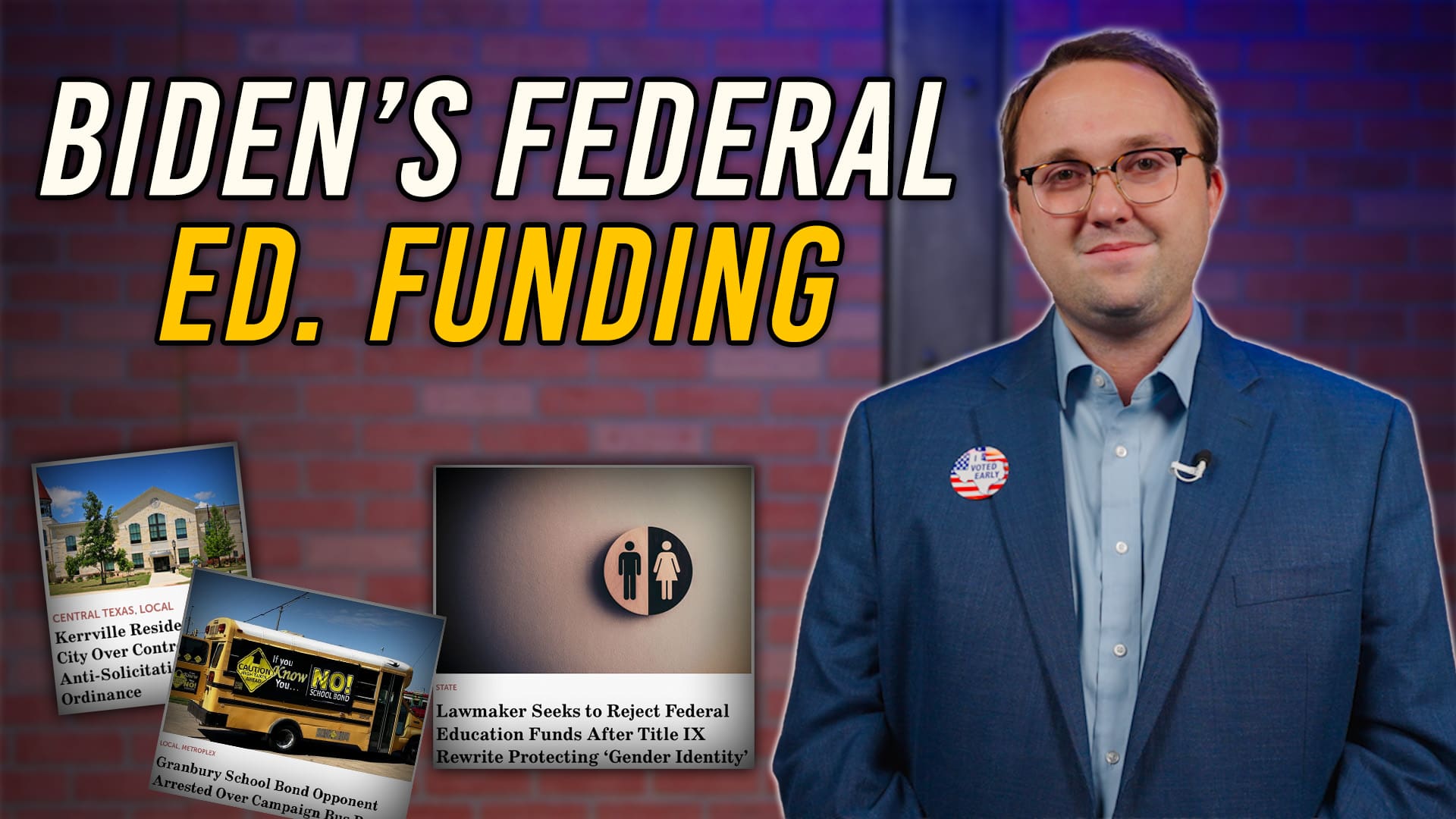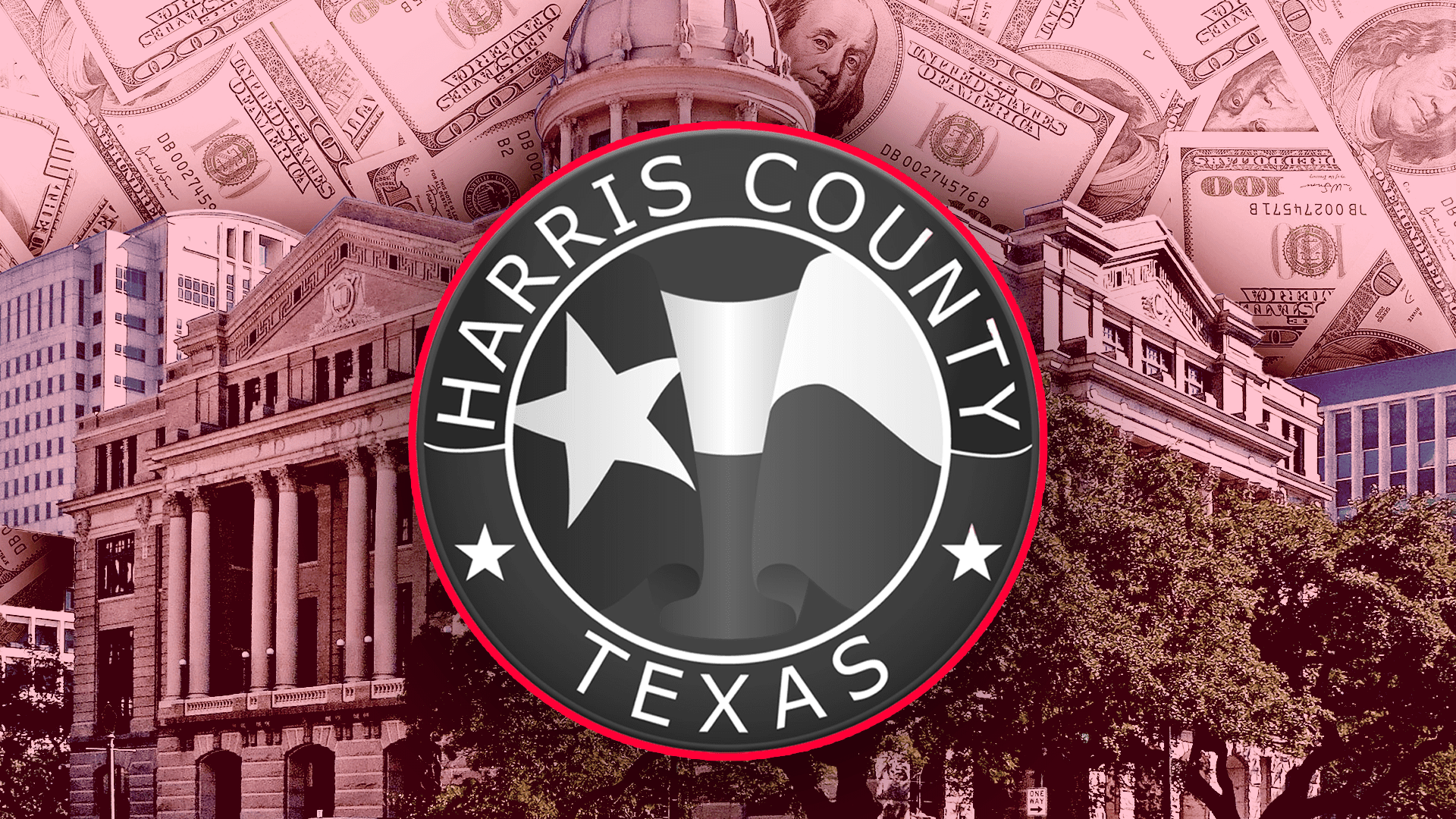The abuse of taxpayer dollars by public-sector employee unions has become commonplace across Texas. Unlike private-sector unions, public sector unions aren’t limited by pesky factors such as market conditions—meaning there is no counter force preventing them from making unreasonable demands from local governments.
Last year, Houston Organization of Public Employees (HOPE), a chapter of the American Federation of State, County and Municipal Employees (AFSCME), successfully won council’s approval of a minimum wage increase from $10 to $12 per hour. Although municipal employees were already making over $3 more than their private sector counterparts living in Houston, the public-union felt it was “only fair” to take more from taxpayers. This year, they have already signaled a push for another increase to $15 per hour.
According to the city, the original $2 hike cost taxpayers an additional $1.4 million per year, while the total cost of the contract is $9.1 million for fiscal year 2016.
Similarly in San Antonio, unions pushed for minimum wage increases for municipal employees citing a nebulous need for “increased neighborhood safety.” SEIU Texas led the fight for a $13 per hour wage floor from the previous $10 bilking taxpayers an additional $1.7 million. The $3 wage hike wasn’t enough to satisfy public-unions, so they also pushed for a 2 percent cost of living adjustment—and succeeded
Unions in right to work states such as Texas frame the argument by labeling opponents as “anti-worker,” but in reality it is the complete opposite. Private sector union demands are kept in check by market realities such as budgetary constraints and non-union labor market competition—by contrast, public-sector unions don’t have to deal with these realities. They drain city and state coffers on salaries, benefits, and pensions, which limits resources available to provide government services to taxpayers.
The largest portion of expenditures financed by union dues go to political contributions, the pockets of union leaders, or to organizations that lobby state legislatures for increased public-union power—not to advance workers’ rights.
Unions have the ability to donate to whom they please, but governments are unfairly aiding unions by automatically collecting dues from their employees’ paychecks, including those who don’t necessarily support the union’s causes.
Follow the money trail and you’ll quickly see that contributions primarily go to Democrats or liberal Republicans without regard for the political preferences of the dues-paying members. Their donation trends explain why the Texas House refused to pass the Paycheck Protection bill last session, a measure that passed the Senate and was supported by the State Chair of the Republican Party.
Government workers belonging to these unions, and the politicians bankrolled by them, are aided by government in their ability to harass any individual or businesses that opposes limits on union power.
Consider Houston’s HOPE agreement—where the city government discloses the personal information of non-union employees to the union to help forward their cause.
Why would a public-union need information on a nonmember if not to gain leverage and undue access to drive increased membership?
We’ve seen public-sector unions in other states take full advantage of their ability to cajole government officials at the expense of non-union taxpayers. The fact that Texas is a right to work state isn’t enough
Significant legislation to limit the power of public unions in Texas should be a priority for conservative lawmakers next session.




